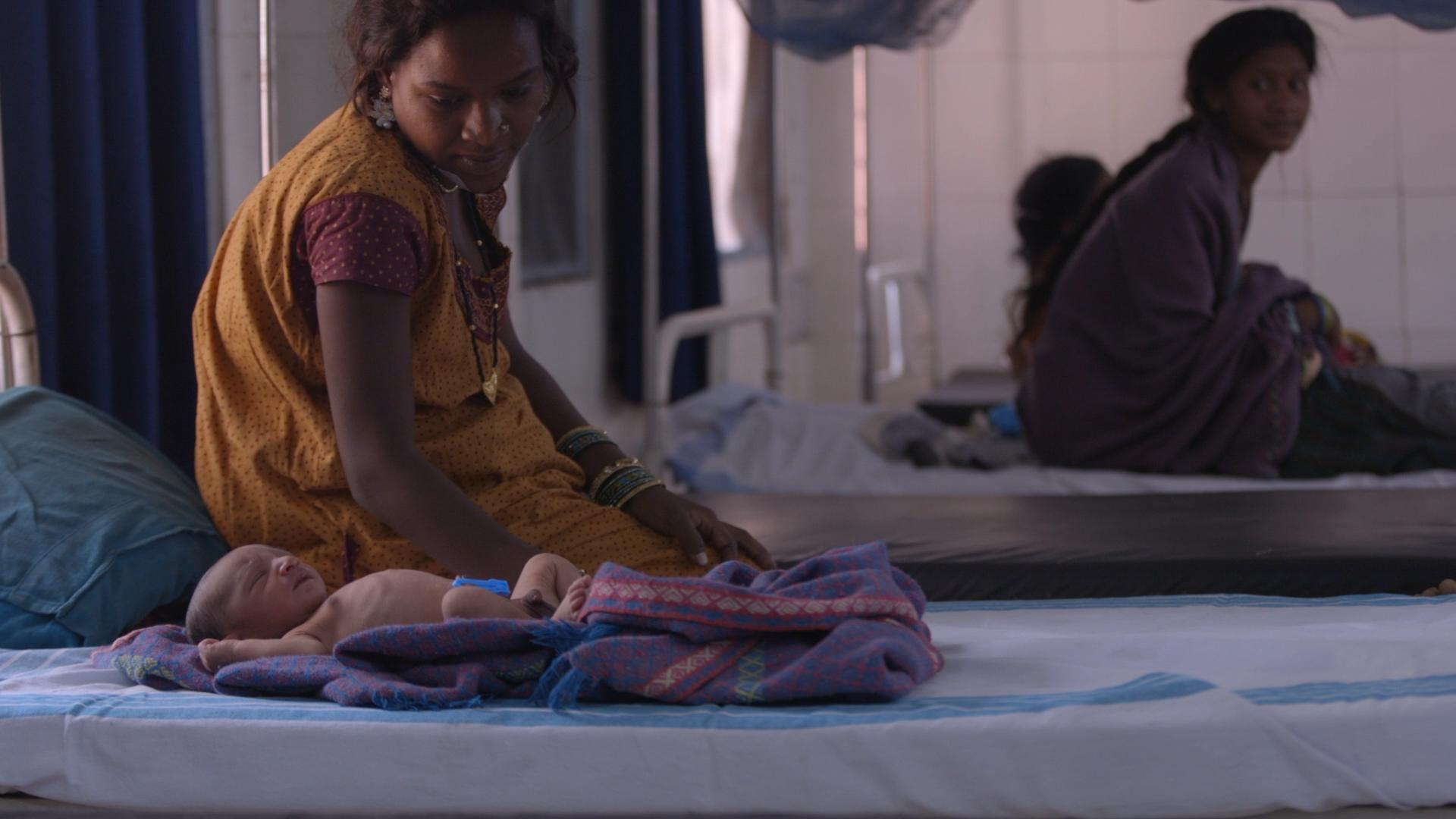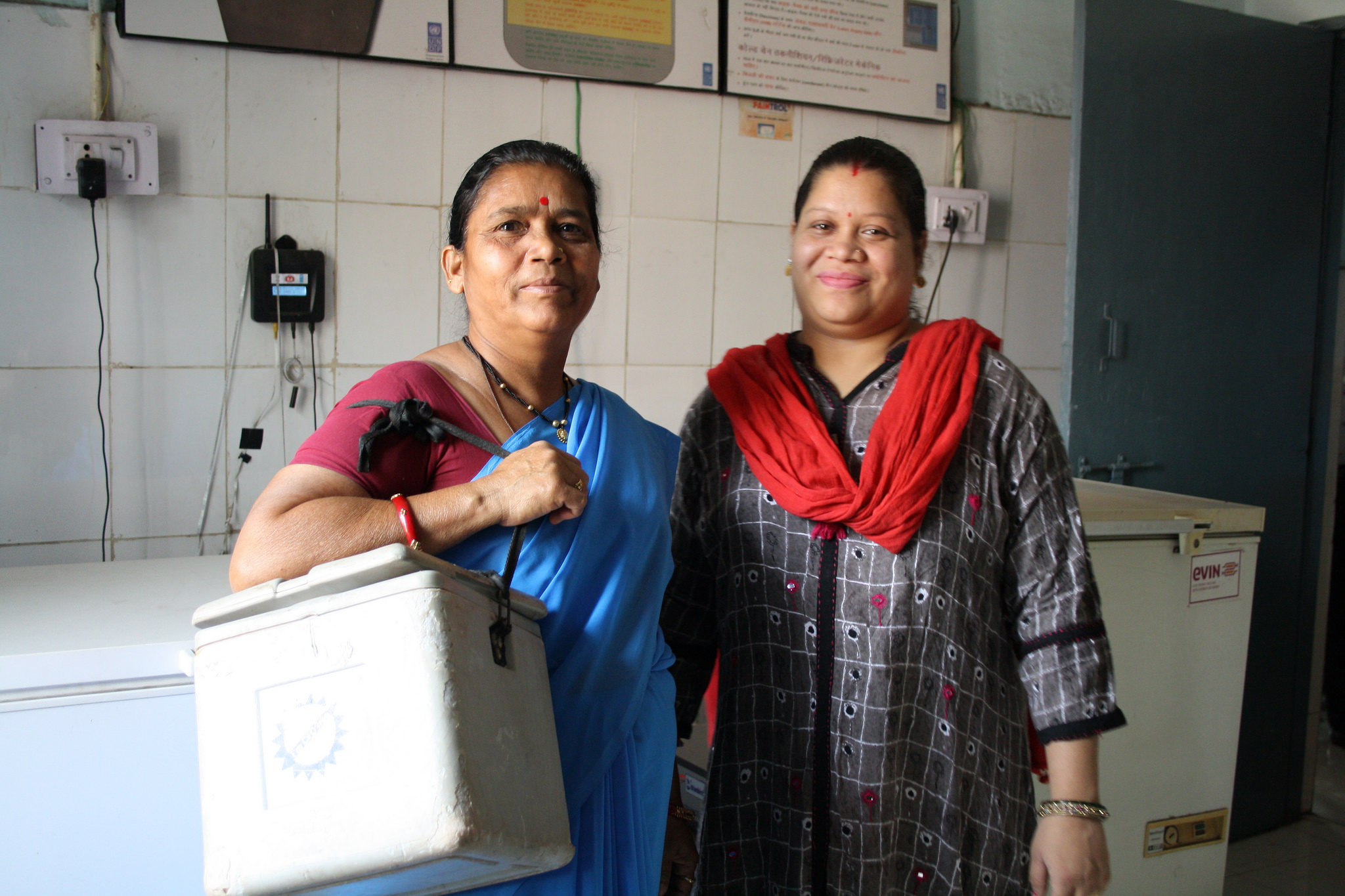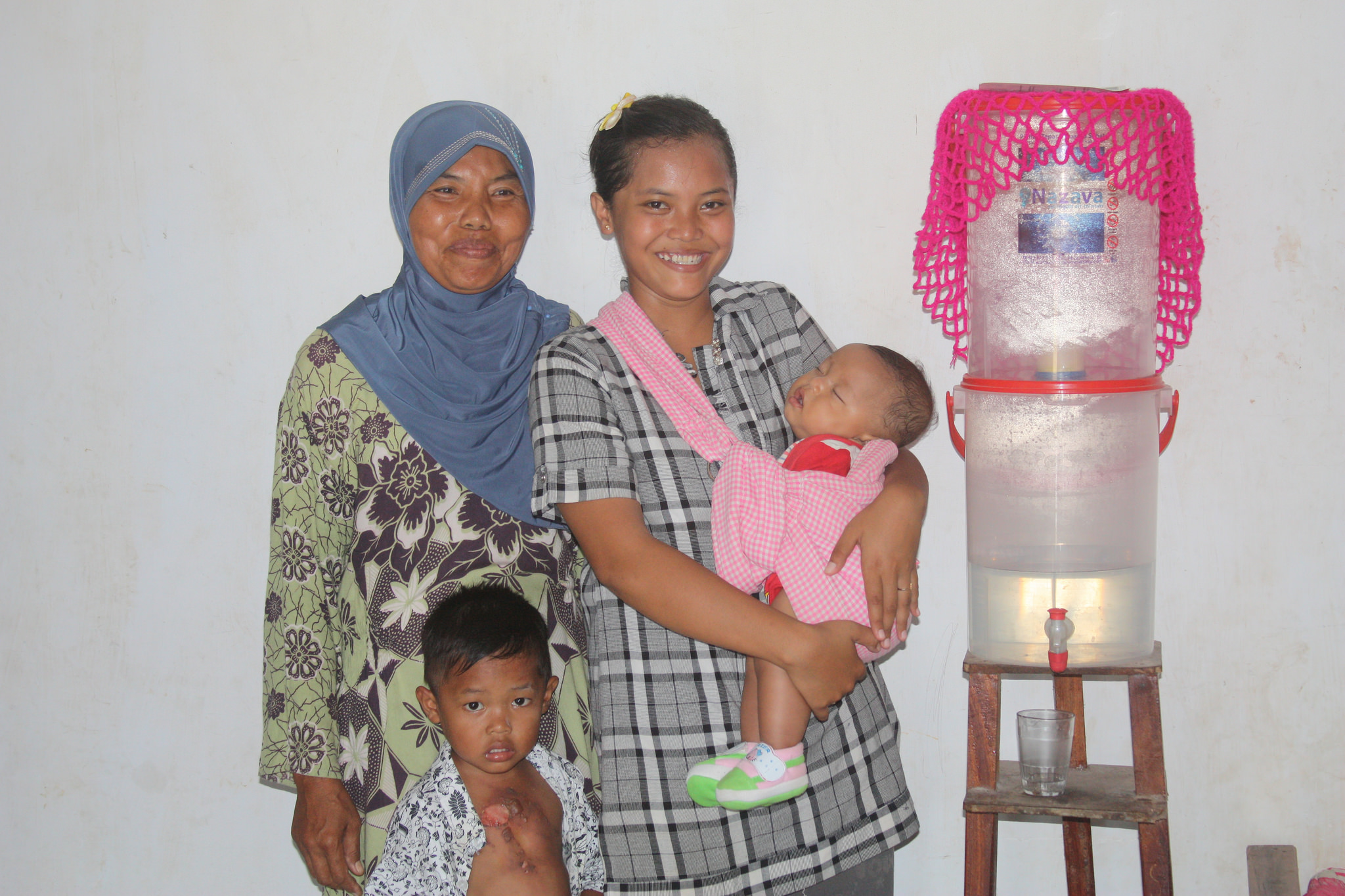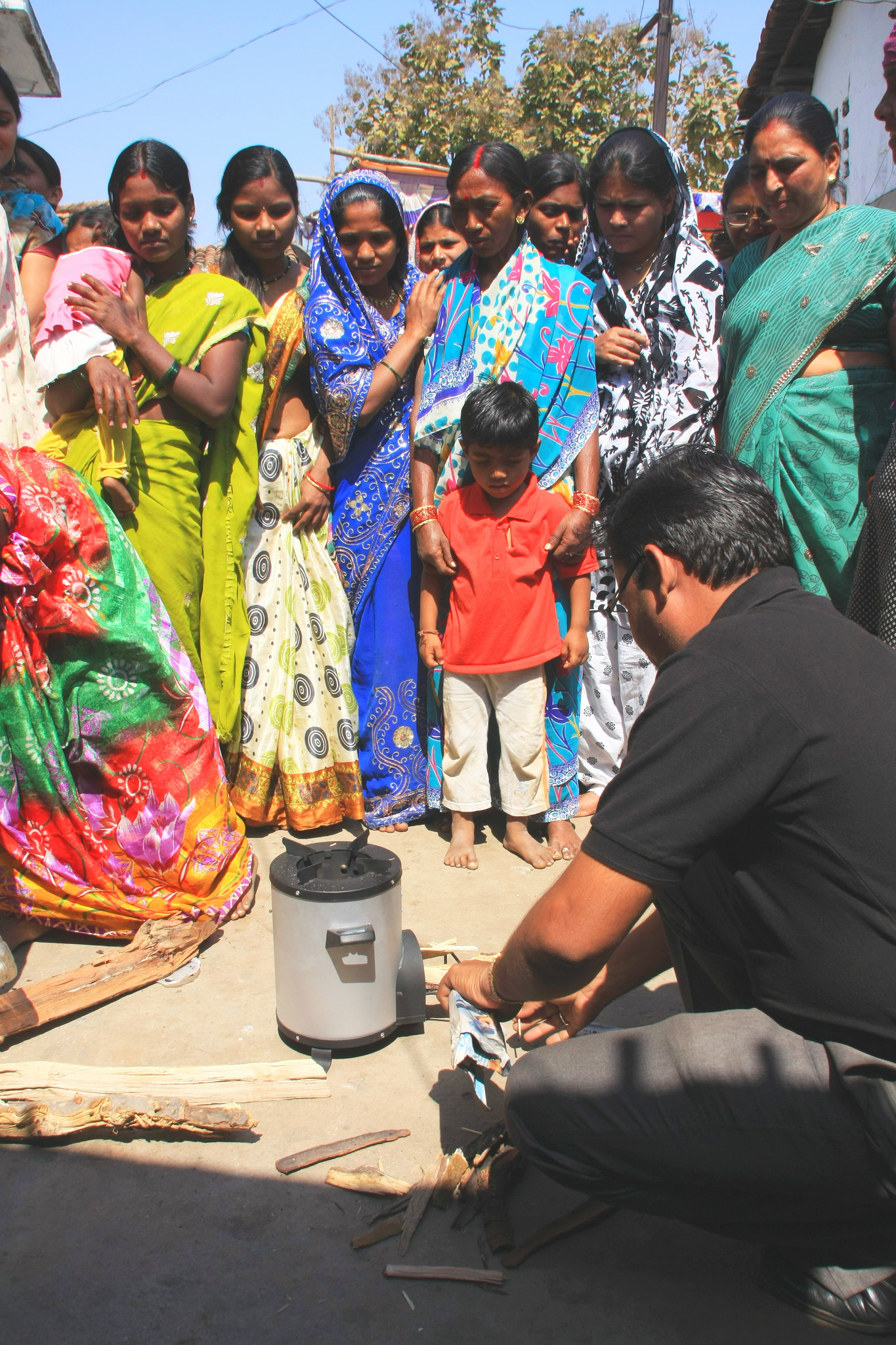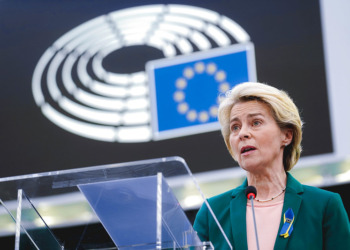You cannot separate good health from the availability of clean, sustainable and affordable energy. Which makes it shocking that, according to the International Energy Agency, 1.1 billion people across the world still lack access to a reliable electricity supply.
It is almost unthinkable that a woman in a wealthy country would give birth in hospital with no guarantee of light or monitoring facilities, or energy to power an incubator if their child is born prematurely. But the World Health Organisation estimates that about 830 women die from pregnancy and childbirth related complications around the world every day. Almost all of the deaths happen in developing countries, and most could be prevented.
Many hospitals and health centres lack access to electricity. A study of 11 major sub-Saharan African countries carried out in 2013 found that roughly 1 in 4 health facilities had no access to electricity and only one third of hospitals had reliable electricity access. Getting clean and reliable energy into people’s homes is an even bigger challenge. Billions are at risk of health problems because of poorly designed buildings that are too hot, too cold or damp; air pollution in their neighbourhoods caused by over-reliance on fossil fuel-generated power and polluting vehicles; or exposure to noxious smoke from biomass cookstoves, which are still widely used. The world’s transition to reliable clean energy is about so much more than tackling climate change.
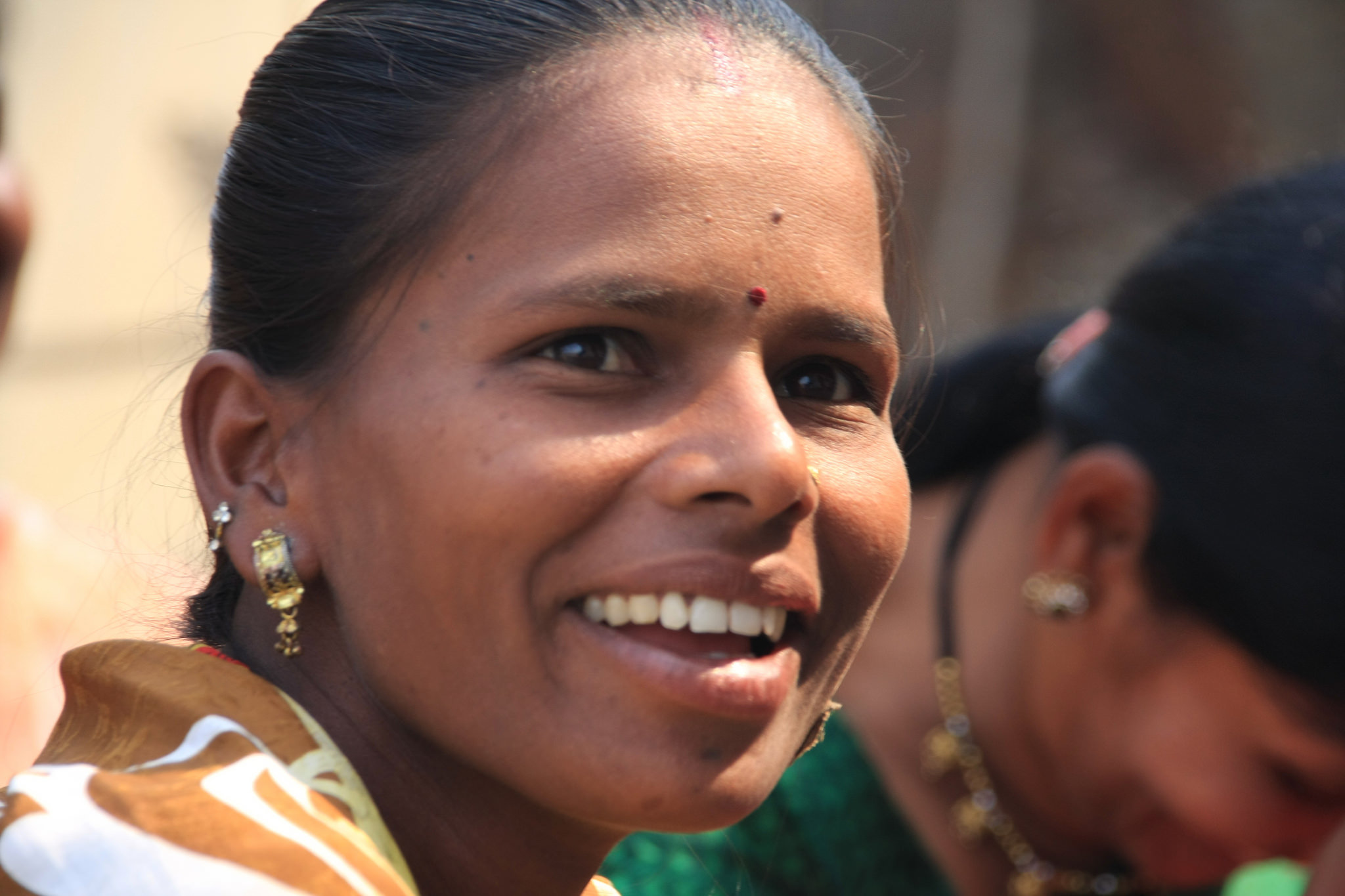 In the photo: Sita Walve, women’s self help group member and Greenway customer, in Jagdish Nagar. Photo Credits: Ashden
In the photo: Sita Walve, women’s self help group member and Greenway customer, in Jagdish Nagar. Photo Credits: Ashden
As the Founder Director of green energy charity Ashden I’ve seen brilliant, innovative answers to these problems – not theories nor prototypes, but real solutions changing lives right now. But these solutions aren’t reaching enough people quickly enough.
That’s why we’re demanding more support for the world’s sustainable energy trailblazers. We want the policies, the incentives and the economic environment in which the innovators and best practise can rapidly scale up and be replicated by many. This means having active commitment by policy makers and financiers to create consistent policies and investments that are conducive to actively grow the nascent sector, while supporting and learning from the innovators, and spreading their best practise for many others to follow.
Clean energy should be on the minds of not only everyone trying to achieve UN Sustainable Development Goal 7 – affordable and clean energy for all, but for everyone trying to achieve SDG 3 – ensuring healthy lives and wellbeing for all by 2030. Healthcare and sustainable energy experts must work together in the years ahead to make this goal a reality.
Finding scalable solutions won’t be easy, as they need the involvement and commitment of so many parties – from innovators and entrepreneurial businesses to investors and governments across the energy and health sectors. But we know we can build momentum by pushing global funders and policymakers to create more fertile ground for energy and health enterprises and programmes.
Solar power delivers safer births
Sustainable energy solutions that are proven to transform health already exist, and a growing number of innovators are collaborating with state agencies to bring real change. They include India’s Chhattisgarh State Renewable Energy Development Agency (CREDA). CREDA and the local state health department have collaborated to install, operate and maintain solar power systems in 900 district hospitals, community health centres and primary health centres across the state – where electricity used to be either non-existent or so unreliable staff carried candles with them in case of power cuts. This represents over 80% of all the health centres in the state.
In the video: Installation of solar power in health centres in Chhattisgarh, India. Video Credits: CREDA
The scheme is improving people’s health so much that it has triggered a much larger solar electrification programme. It has not only transformed the health centres and hospitals across Chhattisgarh so that there’s reliable power for buildings and equipment, from baby warmers and solar lights for post-natal care to stable refrigeration to keep vaccines fresh. This programme has also supported communities in rural and semi-rural areas, by bringing power to other community buildings and homes for the first time, as the national grid extension is physically, financially and politically very challenging.
Around 80,000 patients a day benefit from the programme. The health centres now provide 24-hour healthcare, so they can treat many more patients, and access to regular electricity has enabled a reliable water supply and powered theatre equipment. Most importantly, health centre staff have reported delivering up to four times more babies now that women can give birth in the buildings safely at night. Dr Archana Panday, who works at a health centre serving up to 34,000 people, said the greatest advantage is the service they can now offer women in labour – “providing fans and having light to see by”.
Another benefit of reliable power in health centres is the ability to digitise patient services and dramatically improve operational efficiency. New smart-card services allow patients to register for free medical treatment, and reliable Internet connectivity means medicines can be ordered online. As well as helping patients, moving from grid and back-up diesel to solar systems has cut health facilities’ energy costs by 80%.
 In the photo: Health centre in Chhattisgarh, India. Photo Credits: Ashden
In the photo: Health centre in Chhattisgarh, India. Photo Credits: Ashden
CREDA’s success lies in its operational model. It is a non-profit implementation agency which delivers roll-out programmes for state ministries working in areas such as health, education and rural development. The implementation, operation and maintenance are supported from the state budget enabling CREDA to focus on scaling solutions to bring maximum benefits.
This year we were delighted to honour CREDA at the Ashden Awards, for being an innovator and leader in the provision of sustainable energy for healthcare and saving and dramatically improving so many thousands of lives across the state of Chhattisgarh.
Safer cooking, greener buildings, cleaner transport
For nearly two decades we have rewarded, supported and promoted more than 200 winners – sustainable energy champions that are increasing energy access to millions of people across the developing and emerging world and bringing so many benefits from increased food and water security, improved livelihoods, better educational facilities and – improving the health of people and communities.
 In the photo: Nazava water filters in Indonesia. Photo Credits: Ashden
In the photo: Nazava water filters in Indonesia. Photo Credits: Ashden
We’ve honoured organisations that help families purify water without burning wood or using electricity, so saving them time and money and improving their health, as well those that replace dangerous polluting cookstoves with cleaner alternatives. Good health starts from the ground up – so this year we gave an award to MASS Design, an architecture firm that used local materials and a low-carbon approach to build a beautiful new hospital full of natural light and views of gardens and the natural world in Bulato, Rwanda.
 In the photo: Electric stove demonstration in the Bhandara district, India. Photo Credits: Ashden
In the photo: Electric stove demonstration in the Bhandara district, India. Photo Credits: Ashden
In the UK we’ve given awards to city councils for cycle schemes that reduce air pollution and bold moves to fund public transport through workplace parking levies.
These solutions have improved people’s health and changed their lives for the better and they all prove that energy and health are indivisible. We know that the impact of unreliable or no electricity on healthcare can be catastrophic, and that the reliance on fossil fuels is taking a heavy toll in terms of indoor and outdoor air pollution. To reverse these trends we need to see the sort of solutions that Ashden is rewarding rapidly scale and be more easily replicated and this requires finance from governments, corporate and commercial investors. We also need policies that support and incentivise the sector in order to thrive. If this doesn’t happen, more lives will be lost.


